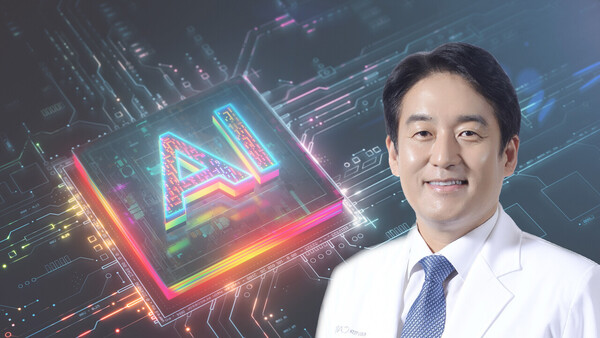
“Hi, Grandma. How’s that uncomfortable feeling in your stomach?”
“I took the drug a doctor gave me last time, but I still feel nauseous and uncomfortable.”
“It seems appropriate to go back to the doctor.”
This conversation is an edited version of the process of managing the health of older adults living alone by CLOVA CareCall, developed by Naver.
It is noteworthy here that CLOVA CareCall, the AI that interacts with the elderly, is taking over the role of a social worker at a community center or a counselor at a hospital.
In 2020, Naver was commissioned by Seongnam City just south of Seoul to develop Naver AI CareCall, an “AI Covid-19 active surveillance pilot project,” which phoned quarantined patients to check their health status.
Naver AI CareCall asked people under active surveillance and quarantine about their fever, temperature, and other symptoms over the phone twice a day and recorded their answers. Over three months, Naver AI CareCall conducted 27,808 consultations, with only one error.
Based on these results, Naver developed CLOVA CareCall, a telephone care service incorporating AI technology, and is applying it to the healthcare of the elderly living alone. At the upcoming Hospital Innovation and Patient Experience Conference 2023 (HiPex 2023), Rha Koon-ho, director of Naver Healthcare Research Institute, will present examples of Naver’s AI development in the healthcare sector.
Director Rha will introduce the possibilities and status of AI-infused healthcare services in his presentation titled, “How does hyper-scale AI apply to healthcare - centering on Naver Hyper-CLOVA and CareCall?”
“Healthcare is a very labor-intensive industry. There hasn't been any change in this area because society has been paying for the various medical costs incurred in healthcare,” Rha said. “Now, however, society has reached its limit, and AI has emerged to reduce this burden.”
The technology has evolved along with the introduction of AI. In the case of CareCall, generative AI technology that can generate additional information other than the injected information was used, not just AI voice technology, he explained. Rha noted that ChatGPT was also developed based on generative AI technology, saying, “I think this is the inflection point of AI technology.”
As Rha explained, unlike existing chatbots, CareCall can generate new answers based on its data in addition to pre-made questions and answers. Currently, Naver provides such care calls through agreements with various localities nationwide.
“CareCall started in Haeundae-gu, Busan. At that time, due to the Covid-19 situation, the elderly living alone were afraid of being infected by the pandemic when they came to the counselor, so they avoided face-to-face meetings,” he said. “Hence, we developed an AI care service using our experience collaborating with the Seongnam municipal government.”
One of the concerns was whether the AI would recognize a dialect other than the standard language.
“We were apprehensive about the dialect. However, contrary to our concerns, the AI learned the dialect and had no problem communicating with the elderly living alone,” he said. “Since November 2021, 95 percent of older adults in Haeundae-gu have been using CareCall."
Rha went on to say, “As you can see, it’s not that hard to graft AI into healthcare. It’s just that the application of AI in healthcare is a path that no one has traveled before, so it’s a matter of understanding this and convincing people.”
He also said that AI services are a strength of the Korean healthcare industry.
“Under the Medical Service Act, taking patient data out of the country is illegal. As there are no guides for overseas AI companies to collect and process data, Korean companies have an advantage,” Rha said. “CareCall also has advantages compared to ChaGPT, such as Korean language, voice recognition, and memories of previous conversations.”
Related articles
- HiPex 2023 to showcase cutting-edge hospital innovations
- Kakao Healthcare rules out conducting telemedicine biz in Korea
- ‘Naver tries to narrow medical divide emerging as global issue’
- Naver to tap AI, Kakao to utilize platform to push for digital healthcare biz
- How are robots performing as guides and porters in hospitals?
- No success stories for digital therapies or telemedicine – at least so far
- ‘It's time to ditch ‘myths’ in perioperative patient care’

